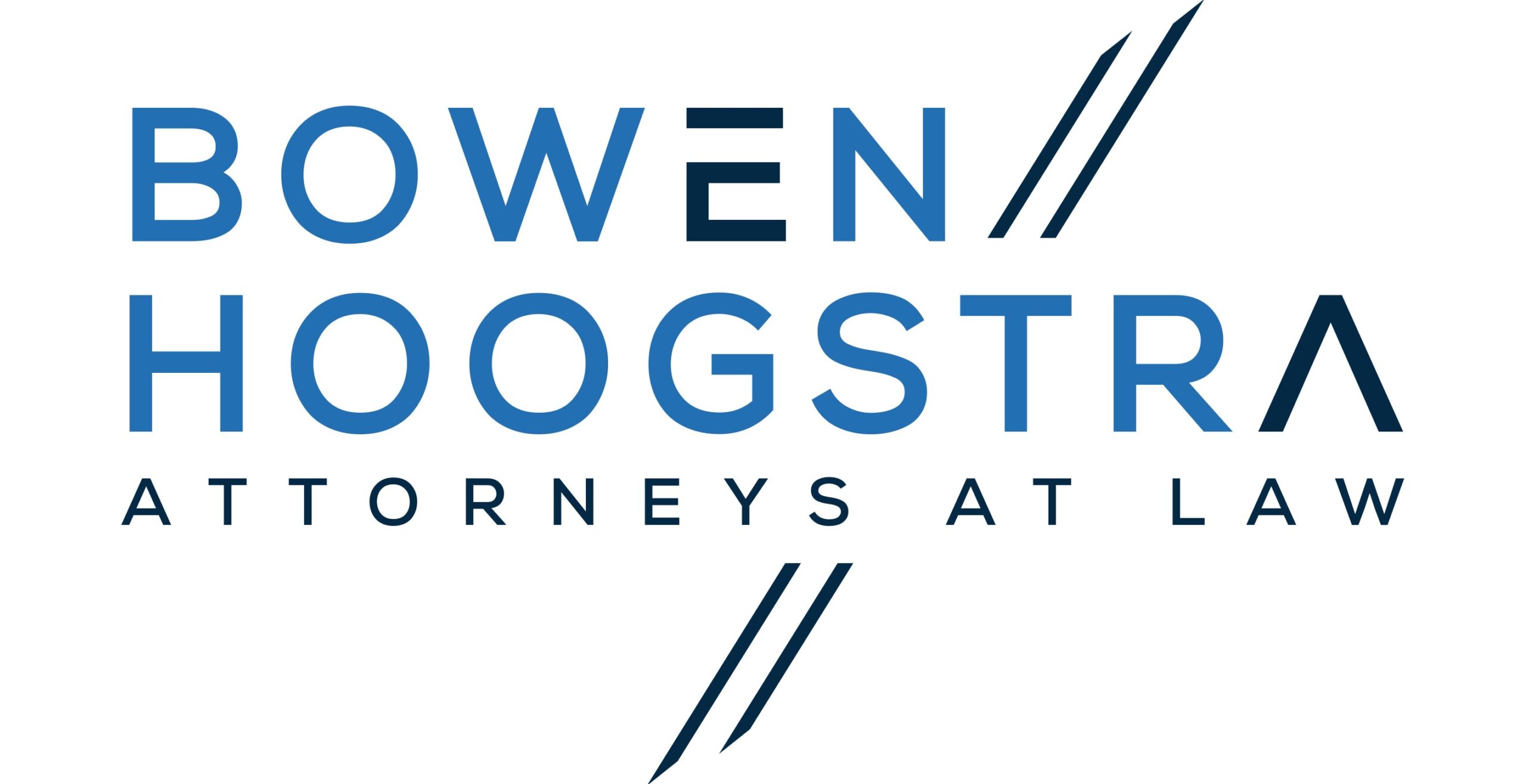Being a landlord in 2022 isn’t easy. Between the paperwork, tenants, and even COVID-19 considerations, there is always a lot of work to take care of. Because of this, it can be easy for laws and regulations to fall through the cracks for landlords, leading to legal headaches and problems with tenants.
If you are considering renting a property or want to freshen up on your legal knowledge, there are many landlord/tenant laws that you need to be aware of now to avoid spending time, money, and energy on legal matters later. Instead of having to scour the internet for answers on your own, you can save time with our comprehensive list. In it, you’ll find some of the most common legal issues landlords face and how you can take action against them.
Why Landlords Are at Risk
Things have only gotten harder for landlords since the start of the pandemic. Different requirements, along with the set laws and regulations, have kept landlords and tenants from being on the same page. This means that by not being able to keep up, many landlords have suffered from lawsuits, financial issues, and even foreclosures.
Knowing the ins and outs of common landlord laws is necessary for any landlord that wants to reduce their chances of risk or loss. By doing this, they can develop better processes to work with tenants and to ensure that their investments are protected, even in unsure times.
5 Legal Issues That Can Affect Landlords in Muskegon
- Leases and Rental Contracts
- Evictions
- Security Deposit Disputes
- Fair Housing Act
- Local Housing Regulation Compliance
1. Lease and Rental Contract Mismanagement
In Michigan, rental agreements under one year in length don’t technically require a written agreement. However, if a lease is for more than one year, it must be a written agreement to comply with the Statute of Frauds (MCL 566.106).
Regardless of the lease period, it is best to have a written agreement as it will be helpful should a dispute arise. The exact provisions of a lease will vary. However, it’s a good idea to include the following:
- Name and signature of the landlord
- Name and signature of the tenant
- Rent amount to be paid, how frequently, and when and where it is to be paid
- Address of the rental property
- Starting and ending dates if it is a fixed term tenancy
- Landlord’s mailing address
- Amount of the security deposit, if any
- Name and address of the financial institution holding the security deposit
- Notice of the tenant’s obligation to provide a forwarding address to the landlord within four days of terminating the tenancy
- Who is responsible for paying utilities
- Repair and maintenance responsibilities
- Eviction procedures
- Any other terms and conditions that the landlord and tenant agreed to
- This statement must be provided in a prominent place in the lease, in at least 12-point font size: “NOTICE: Michigan law establishes rights and obligations for parties to rental agreements. This agreement is required to comply with the Truth in Renting Act. If you have a question about the interpretation or legality of a provision of this agreement, you may want to seek assistance from a lawyer or other qualified person.”
2. Unclear Eviction Process
Another common legal issue most landlords will encounter at some point or another is having to evict a tenant. You have to provide notice before beginning the eviction process in most cases. You can read our blog post about the eviction process in Muskegon for an overview and answers to frequently asked questions.
3. Security Deposit Disputes
In Michigan, security deposits are regulated by the Landlord and Tenant Relationship Act (MCL 554.601 to 554.616). Michigan has a security deposit limit of one and a half months’ worth of rent.
When a lease ends, the entire security deposit should be returned to the tenant unless the tenant meets any of the following criteria:
1) Owes unpaid rent, including rent due for premature termination of the rental agreement by the tenant
2) Owes unpaid utility bills
3) Caused damage to the rented property beyond reasonable wear and tear
(Source: MCL 554.607)
After a tenant moves out and notifies the landlord of their new forwarding address within four days, the landlord then has 30 days to return the tenant’s security deposit or send an itemized list of lawful damages.
The tenant has seven days to dispute these charges. If they do not respond within seven days, the tenant forfeits their security deposit.
Deducting damages from the security deposit
A landlord can deduct unpaid utility bills and rent from the security deposit in Michigan. You can also deduct damages to the property, but they can’t be considered normal wear and tear.
Some examples of damages that qualify for deduction are:
- Broken doors and locks
- Broken windows
- Broken walls
- Burn marks in curtains
- Blocked toilet due to misuse
- Animal stains on the carpet
Damages that fall under normal wear and tear are faded paint, dirty blinds or curtains, rug wear, dents in walls from door handles, holes in walls for pictures, and furniture marks in the carpet.
If there is a breach of the lease agreement, you can keep all or a portion of the security deposit to cover lost rent.
4. Asking Discriminatory Questions
Screening is an essential step to finding qualified tenants for your property. However, fair housing laws prohibit discrimination based on race, color, religion, disability, familial status, national origin, or sex.
While asking questions about the above items is not illegal, it’s just not a good idea. Doing so could result in a tenant feeling discriminated against, leading to a lawsuit. You should avoid asking questions about:
- Race
- National Origin
- Religion
- Familial Status
- Disability
Not only will the conversation be less awkward, but you’ll save yourself a lot of trouble. For more information, see this PDF on Michigan’s Fair Housing Laws.
You are ALLOWED to ask potential tenants about income, job history, rent history, pet ownership, smoking status, or criminal history.
5. Local Housing Regulation Compliance
Muskegon County’s many cities, townships, and villages all have different regulations surrounding rental properties and whether or not they have to be registered and/or inspected. Check this Map of Muskegon County to see which jurisdiction your rental property belongs to, and then check for rental property regulations.
Alternatively, you can call our office, and we can help you understand any regulations that apply to your rental property.
Choose a Firm That Can Help You
As a landlord handling business with tenants in Muskegon, you’ll need the assistance of an experienced attorney backed by a firm that knows landlord law in Michigan. At Bowen Hoogstra Law, we provide qualified assistance and expert advice in all legal matters regarding landlord-tenant disputes. If you need help, contact us today.

